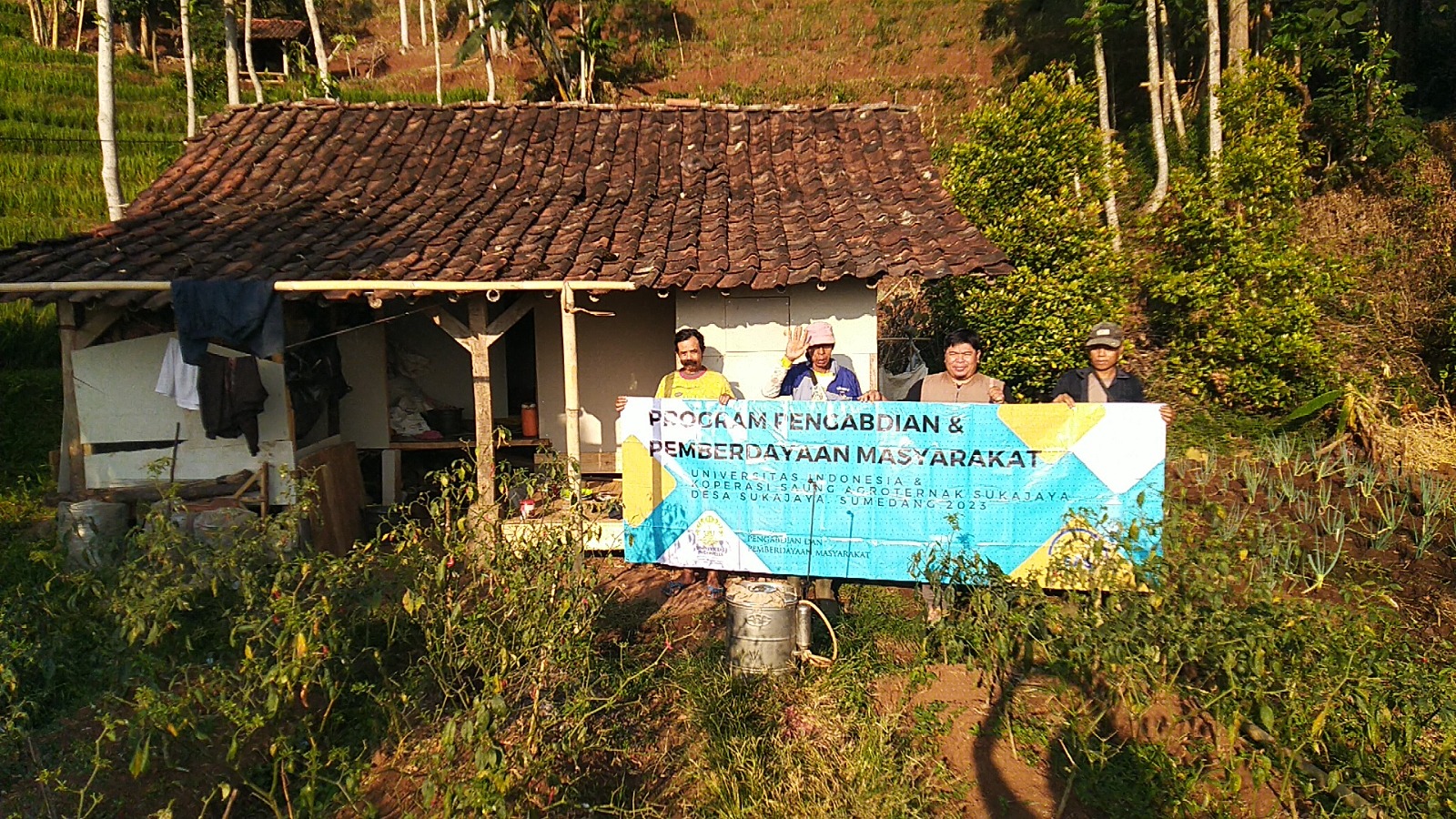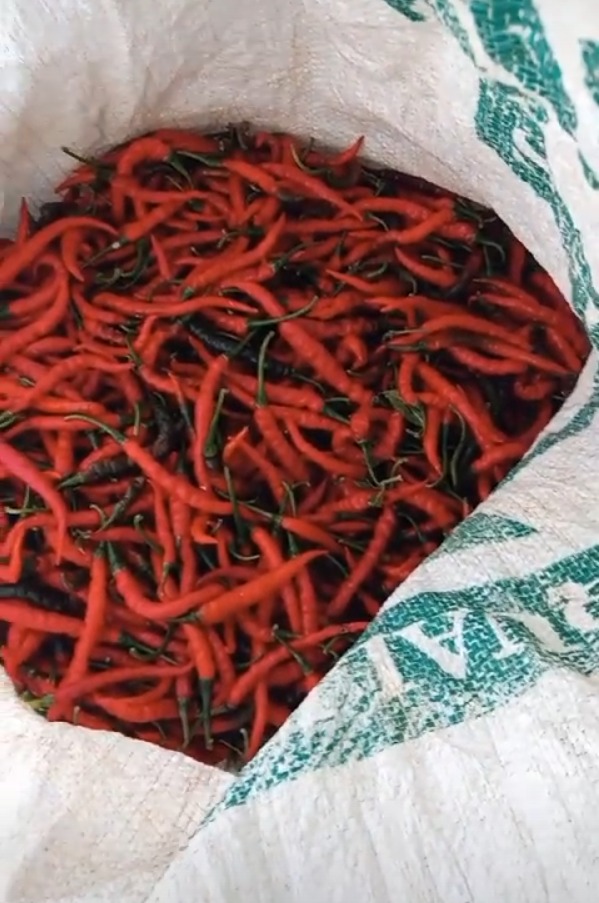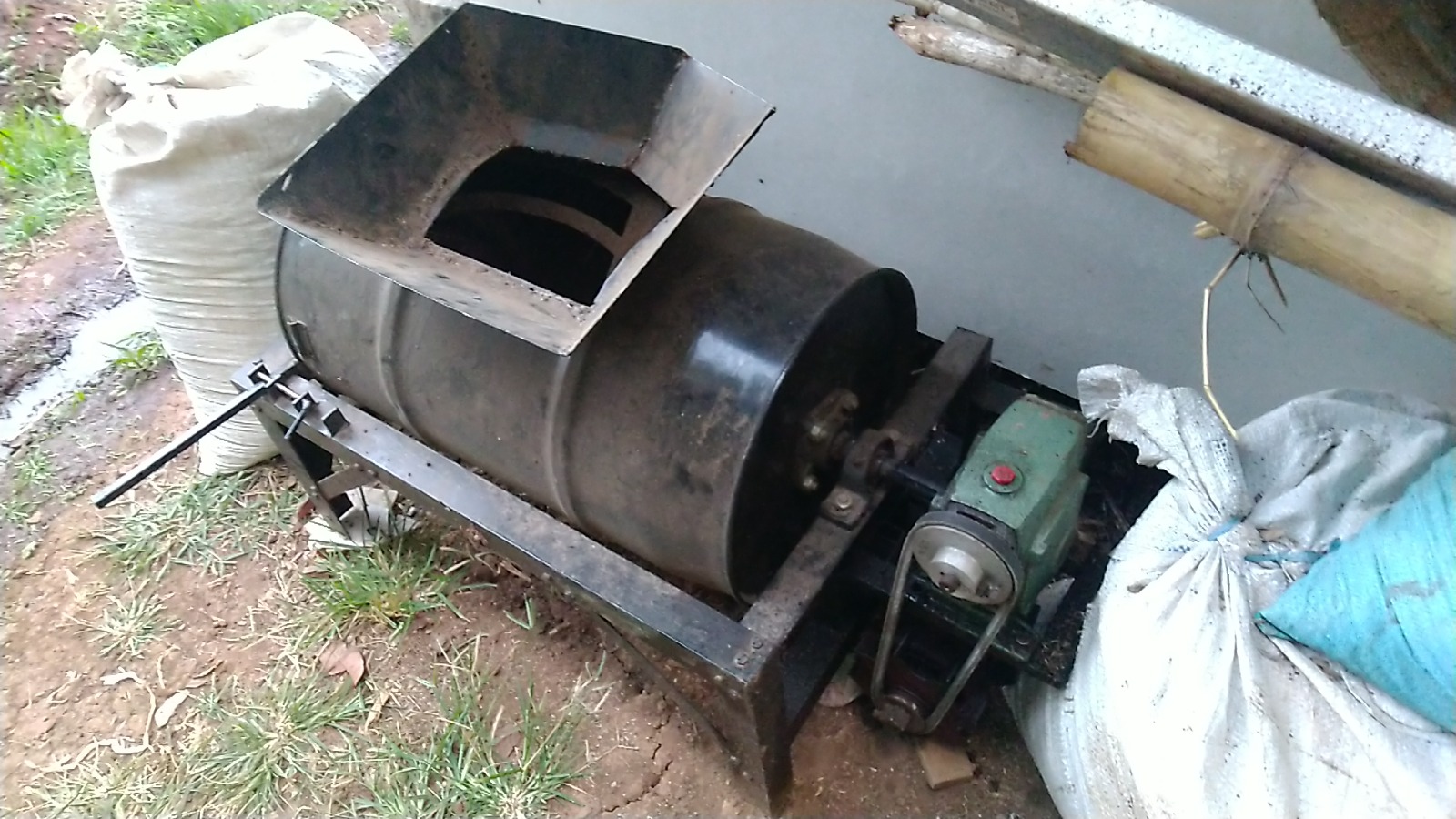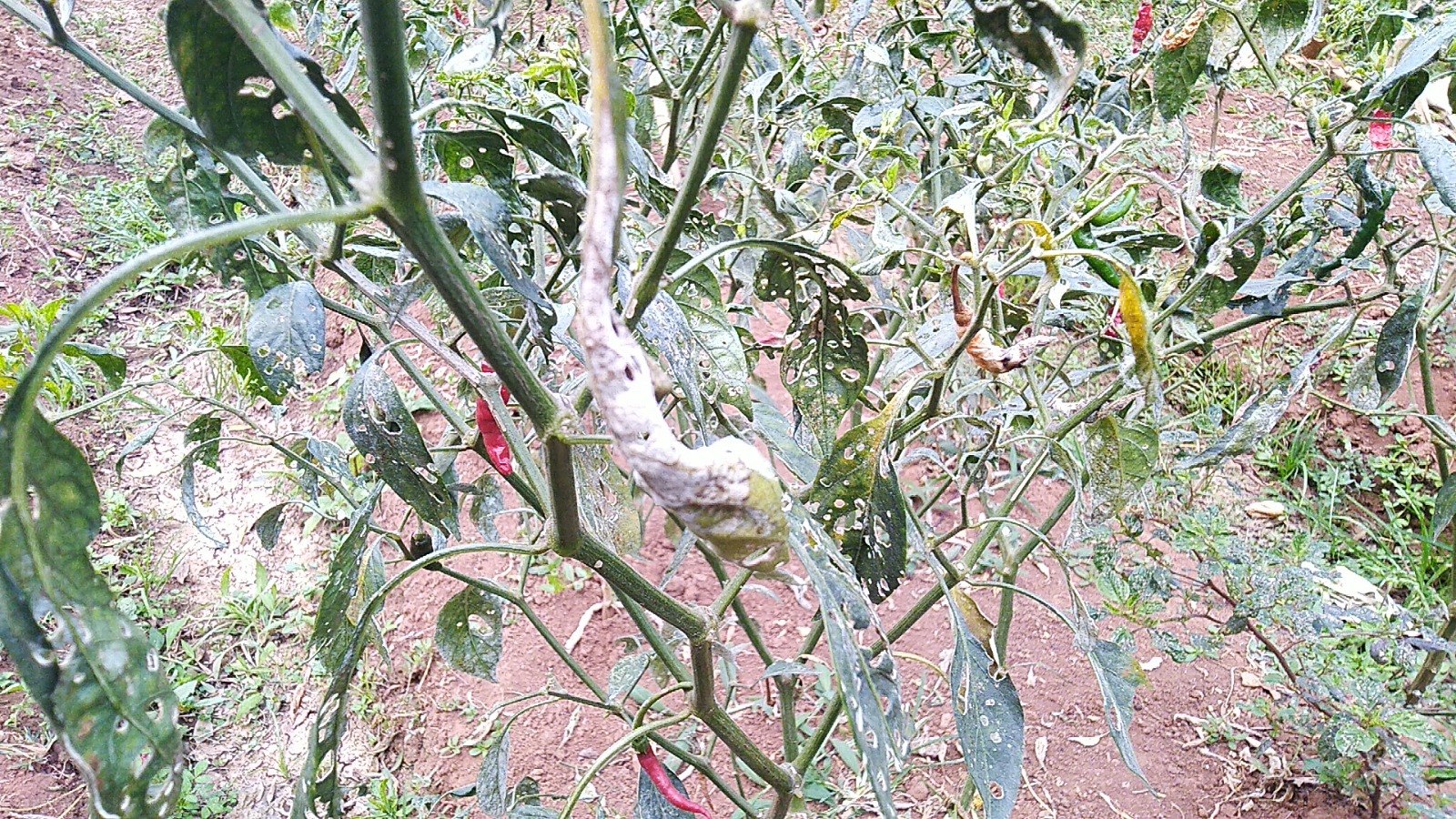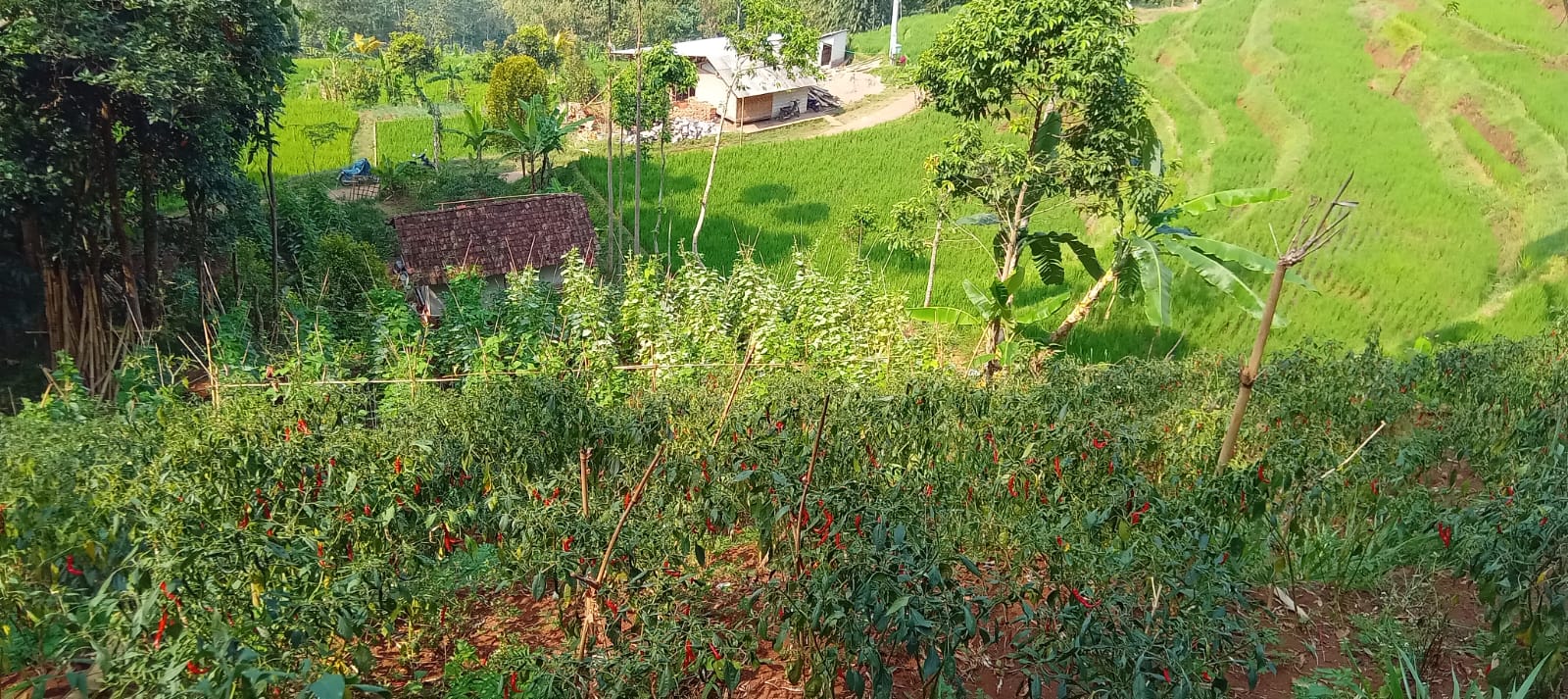Livestock waste is one of the byproducts of farming activities, which can be in the form of liquid, solid, or gas waste. If not managed properly, this waste can contaminate the soil, water, and air, leading to a decline in environmental quality. One effort to address the issue of livestock waste is through the composting process, turning it into high-quality compost. Livestock waste can be utilized as fertilizer due to its nutrient content such as nitrogen (N), phosphorus (P), and potassium (K), essential for plants and soil fertility.
This aligns with the increasing demand for fertilizer due to agricultural intensification and expansion. Recognizing this, the Community Service Team of the Department of Mechanical Engineering (DTM) at the Faculty of Engineering, University of Indonesia (FTUI), led by Prof. Dr. Ir. Raldi Artono Koestoer, DEA, developed an innovative automatic mixing tool capable of transforming livestock waste and organic waste into high-quality compost.
The automatic mixing tool has been tested and proven effective in processing various materials such as goat manure, molasses, dry rice husks, burned rice husks, dry leaves, and liquid fermented micro-organisms into quality compost. The innovation’s results were then donated to the Saung Agroternak Sukajaya (SAS) Producer Cooperative located in Sukajaya Village, South Sumedang, Sumedang Regency, West Java.
Sukajaya Village has a significant potential for composting raw materials, especially goat manure, which can be processed to enrich the soil for chilli plants on a 1,000 square meter land owned by the community. The FTUI DTM Community Service Team collaborated with SAS Cooperative and the local government to conduct training on the use of the automatic mixing tool.
The training activities took place from June to September 2023, marked by the handover of the tool. The training covered various stages, from land preparation, terrace construction, and planting, to harvesting. Despite Sumedang experiencing a dry season and pest attacks affecting some plants, the harvest of curly chilli peppers reached 75 kilograms. This achievement was made possible through the participation of six to eight residents who attended the training.
In a separate statement, Prof. Dr. Ir. Heri Hermansyah, ST., M.Eng., IPU, Dean of FTUI, commented on the initiative, “The results of the innovation and collaboration carried out by the FTUI DTM Community Service Team not only provide direct benefits to the local community but also serve as an example of how engineering knowledge and technology can be utilized to improve well-being in the agricultural sector. Moreover, this collaboration not only enhances local agricultural outcomes but also creates a positive impact in empowering the local community.”
The initiative to assist the needs of the community in Sukajaya Village has been ongoing since 2018, led by Prof. Raldi along with his colleague Eddy Suhendi, an FTUI Gas Engineering alumnus and native of Sumedang. Some of the assistance provided by Prof. Raldi includes the provision of street lights, fish pond construction, and the donation of sacrificial animals during Eid al-Adha. The SAS Cooperative, led by Eddy Suhendi with Prof. Raldi as its mentor, was established in 2021 as a step towards more organized local development. Since the establishment of the cooperative, Prof. Raldi and the FTUI DTM Community Service Team have been actively developing the cooperative to provide greater benefits to the Sukajaya Village community.
***
Office of Public Communication
Faculty of Engineering, University of Indonesia

